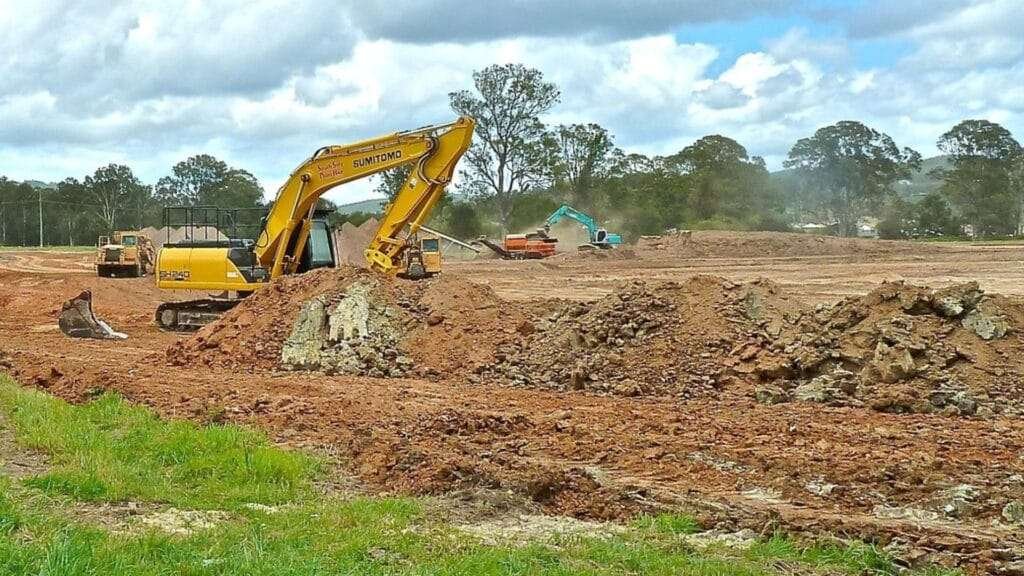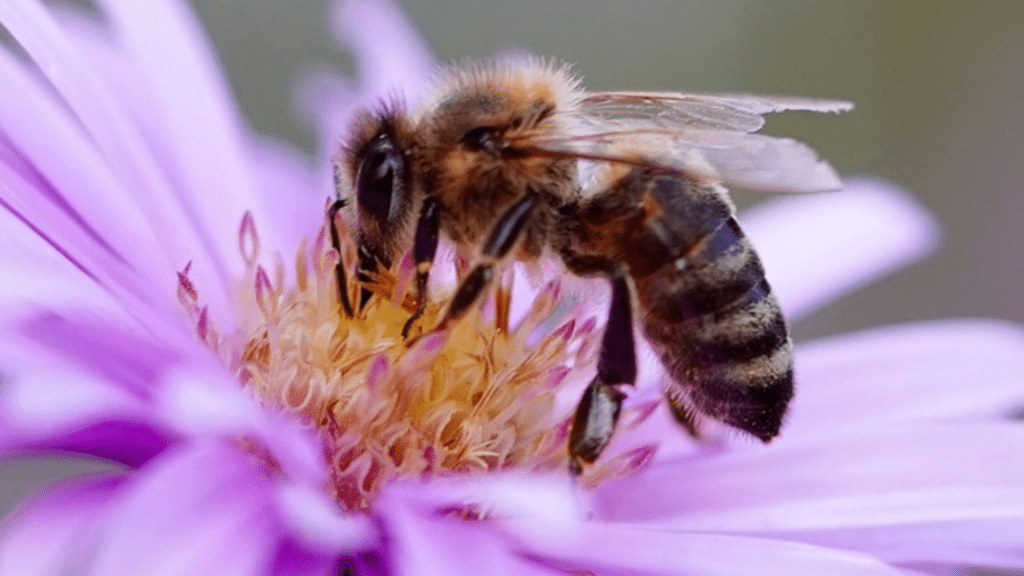Land Management
Land management is an all-encompassing, sustainable strategy for protecting and best using the planet’s natural resources for the benefit of both the present and the future.
It includes a wide range of actions meant to preserve the long-term resilience and health of our planet’s ecosystems while upholding a delicate balance between human activity and the environment.
When it comes to managing forests, land management includes encouraging the growth of a variety of species of trees that are resilient to climate change, controlled burning, and sustainable logging techniques.
This promotes carbon sequestration, wildlife habitats, and essential ecosystem services in addition to providing renewable resources.
Another important component is soil management, which aims to reduce erosion, improve fertility, and encourage the development of healthy vegetation by using strategies like crop rotation, cover crops, and the sparing application of organic fertilisers.
Water resource management is a crucial aspect that involves various approaches to safeguard and preserve freshwater resources, including lakes, aquifers, and rivers.
This entails taking steps to control water use, prevent pollution, and preserve natural water cycles in order to guarantee the availability of clean drinking water.
In addition, land management includes safeguarding endangered species and maintaining natural habitats for native plants and animals.
It entails establishing sustainable hunting, fishing, and other human activities practices, managing invasive species, and developing and preserving interconnected natural areas.
Sustainable urban development is a problem that land management has to address as the world’s population grows. This entails encouraging vertical development and effective land use, lessening the urban footprint, and maintaining green areas for leisure and environmental reasons inside cities.
Governments, communities, indigenous peoples, and other stakeholders must work together to manage land effectively. Traditional ecological knowledge, cutting-edge scientific research, and sustainable development techniques must all be integrated.
It is a comprehensive strategy that acknowledges the interdependence of all life on Earth and the necessity of striking a balance between environmental preservation and human needs.













